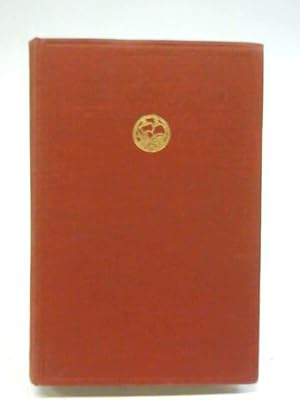
Recent judges have included Maureen Lipman, Lolly Adefope, and Joanne Harris. The Longlist for all categories will be announced on 14 December 2022 and the Shortlist on 22 February 2023. The Unpublished Comedy Novel prize each year is a book deal with HarperCollins. Honorary awards received by Ruth Jones, Meera Syal, Jilly Cooper, and Deborah Frances-White both support and recognise the world of witty writers.ĬWIP, now in its fourth successful year, recognises, celebrates, and encourages witty women authors. These celebrated writers will be welcomed into the CWIP family which already hails Dolly Alderton, Jesse Sutanto, Nina Stibbe, Laura Steven, and Candice Carty-Williams as celebrated alumni. This is the newest addition to CWIP’s annual published and unpublished prizes and is set to showcase even more of the wittiest wit written by women – this time in a shorter form of between 5,000-15,000 words per story. The shortlisted entries will also be published by Farrago, the home of humorous fiction, in a special anthology in September 2023. But, then, I'm not from Sussex.Farrago has joined forces with Helen Lederer’s game-changing Comedy Women in Print (CWIP) to curate The Comedy Short Story Prize, the first award celebrating the funniest short story writing by women.

It is a novel of its time, certainly - it would be an interesting experiment to write something similar today - but for this reader of the second decade of the twenty-first century, I cannot hand on heart say that Belloc's tale is a riveting good read. Stories and arguments abound between dawn and dusk of each day, or even between dusk and dawn. County places, county people, county traditions, and county lore are all contemplated as the four men journey from east to west. This is all `true', but does that make `The Four Men' a good read? I read it after coming to know the county a little bit more. Wilson says that "Belloc knew he was immortalising a world which was soon to vanish forever destroyed not by accident but by human folly." There are words of occasional wisdom too, as Wilson attests, for instance the Poet asserting that the best thing in the world is a compound of "great wads of unexpected money, new landscapes, and the return of old loves." But what of that cataclysm that Wilson refers to in his introduction? Well, the clue is in the timing: set in 1902, but written in 1911, the novel frames the dramatic introduction of the motor car to the Sussex countryside. The work has the occasional amusing moment, especially when partisan prejudices are involved, such as Belloc assuring his readers that whilst fair Sussex and its folk will not suffer on the Day of Judgement, "a horrible great rain of fire from Heaven" will strike all around, "and very certainly Petersfield and Havant, and there shall be an especial woe for Hayling Island."


Much of the book consists of each of the four characters telling tales, or "nothing but interminable stories" as one of them complains. In effect, the book is Belloc's homage to "this Eden which is Sussex still."

Over the next few days, Belloc tells the tale of a group of four men who walk from this eastern outpost of Sussex to a western one at Harting on the border with Hampshire. The place? `The George' inn at Robertsbridge on Sussex's border with Kent. The novel is set over five successive days, starting on 29 October 1902, or the evening thereof to be precise.
#The four men a farrago series
In his introduction, AN Wilson asserts that Belloc is not read today because we cannot bear to contemplate his wisdom, "the wisdom of a man who says `I told you so' after the horse has bolted, and who is not entirely sorry to point out that the stable door, far from being better closed, was warped and torn from its hinges years ago." Rather, Wilson proposes that `The Four Men' "is like a series of happy snapshots taken at random before a cataclysm." Indeed, at the end of the journey described in this book, having left his companions to carry on the way, the main character "recognised that I was (and I confessed) in that attitude of the mind wherein men admit mortality something had already passed from me." Belloc wrote the book in 1911 when he was forty-one and perhaps starting to feel the intimations of mortality. The novel itself only takes up 162 pages. This is a review of the Oxford University Press's `Twentieth-Century Classics' edition of 1984 with a ten-page introduction by AN Wilson.


 0 kommentar(er)
0 kommentar(er)
